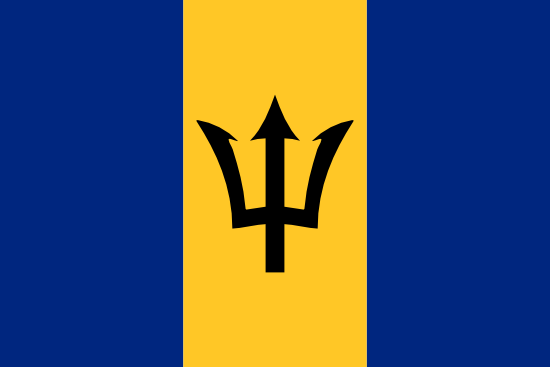
Health Insurance in Barbados, America
Information expatriation
Capital City: Bridgetown
Total area: 430 km2
Population: 294,000
Money: Currency Converter
Time Zone: List of time zones by country
Calling Code: +1 246 XXX
Practical Information:
Health Product: Travel Insurance and Health insurance
Health Insurance information and Sanitary Risk : World Health Map
BLOG : Expat Health insurance Information
Here is a brief description of the healthcare system in the country:
· Barbados has a publicly funded healthcare system that aims to provide universal coverage to all citizens and legal residents.
· It is financed through general tax revenues as well as National Insurance Scheme contributions from employees and employers.
· Primary care services are offered through public clinics and health centers located across the island.
· Secondary and tertiary care is available at the Queen Elizabeth Hospital, the main public referral facility in Bridgetown.
· Specialized services may require travel off-island as domestic capacity is limited.
· Private healthcare services complement the public system, catering to expat patients and medical tourism.
· Standard of care is generally high by regional standards but shortages of staff and equipment do exist.
· Non-communicable diseases pose the main burden, linked to lifestyle and an aging population.
· Reforms seek to modernize facilities and digitize records to improve efficiency and care coordination.
· Out-of-pocket costs and lack of insurance can impact access and quality of life for some groups.
· Natural disasters from hurricanes are an ongoing risk requiring emergency preparedness.
Here are some key health considerations for expatriates living in the country:
· Purchase comprehensive international medical insurance before arrival as a supplement to the public system.
· Consider additional medical evacuation coverage if serious care needs to be accessed abroad.
· Register with a local clinic and establish a primary care physician for minor issues and access to hospitals.
· Bring adequate prescription medication supplies as availability of certain drugs is limited.
· Ensure all routine vaccinations are up to date, especially for travelers/tropical diseases.
· Only consume bottled, boiled or treated water and thoroughly cook foods.
· Monitor impacts of climate, isolation or lifestyle changes on physical/mental health.
· Rural clinics have fewer services - choose a location near major hospitals if possible.
· Learn some basic medical terms in English and Spanish to better communicate needs.
· Keep emergency contacts and plans updated with your embassy annually.
· Natural disasters from hurricanes are a seasonal risk - maintain preparedness supplies.
· Consider costs if urgent specialty care abroad is needed that's unavailable locally.
